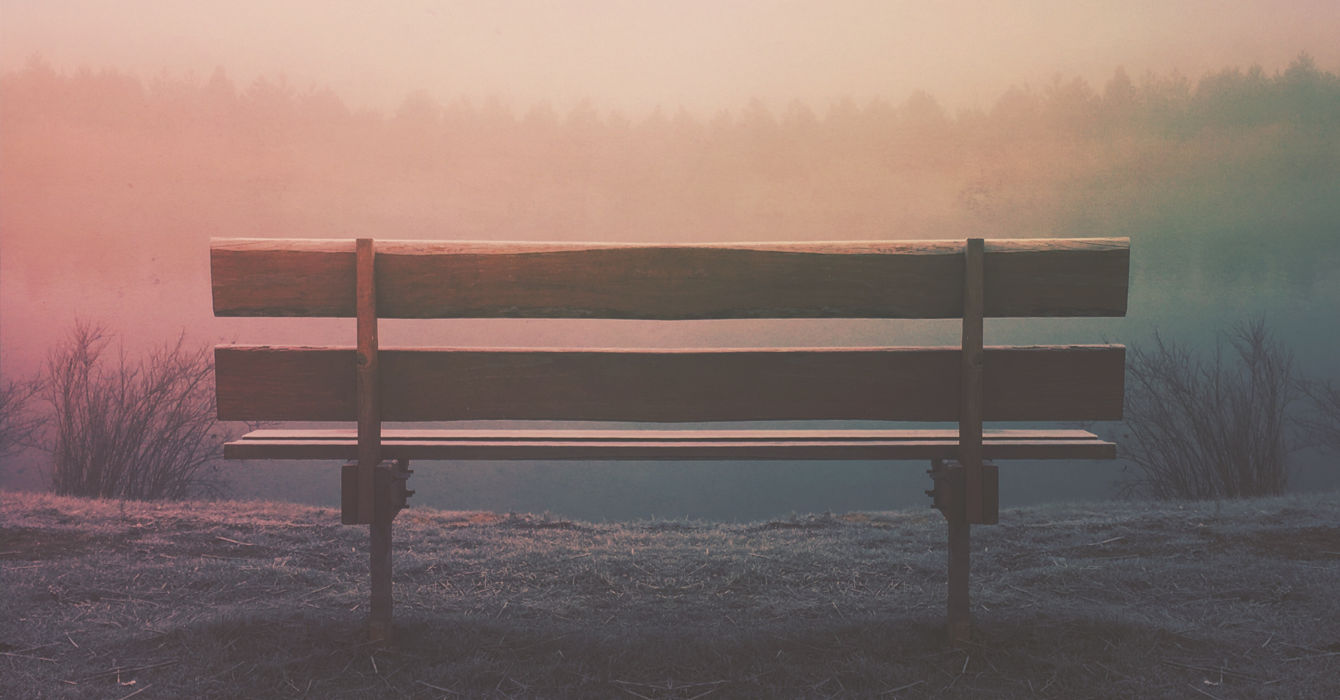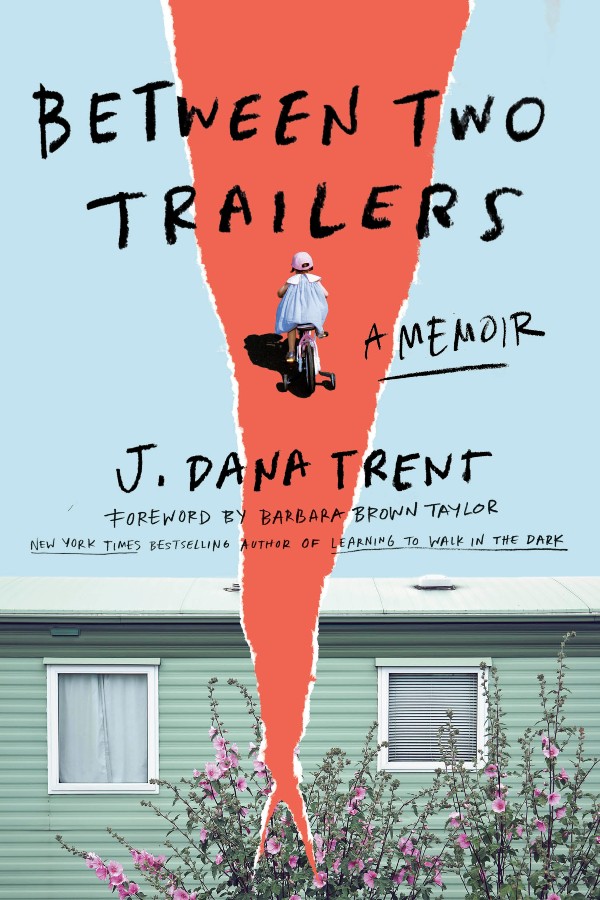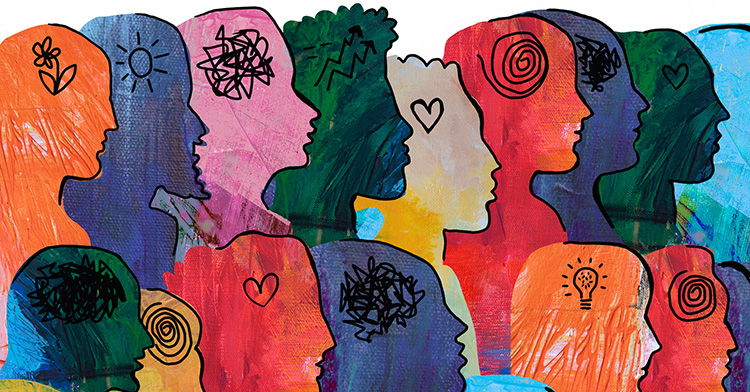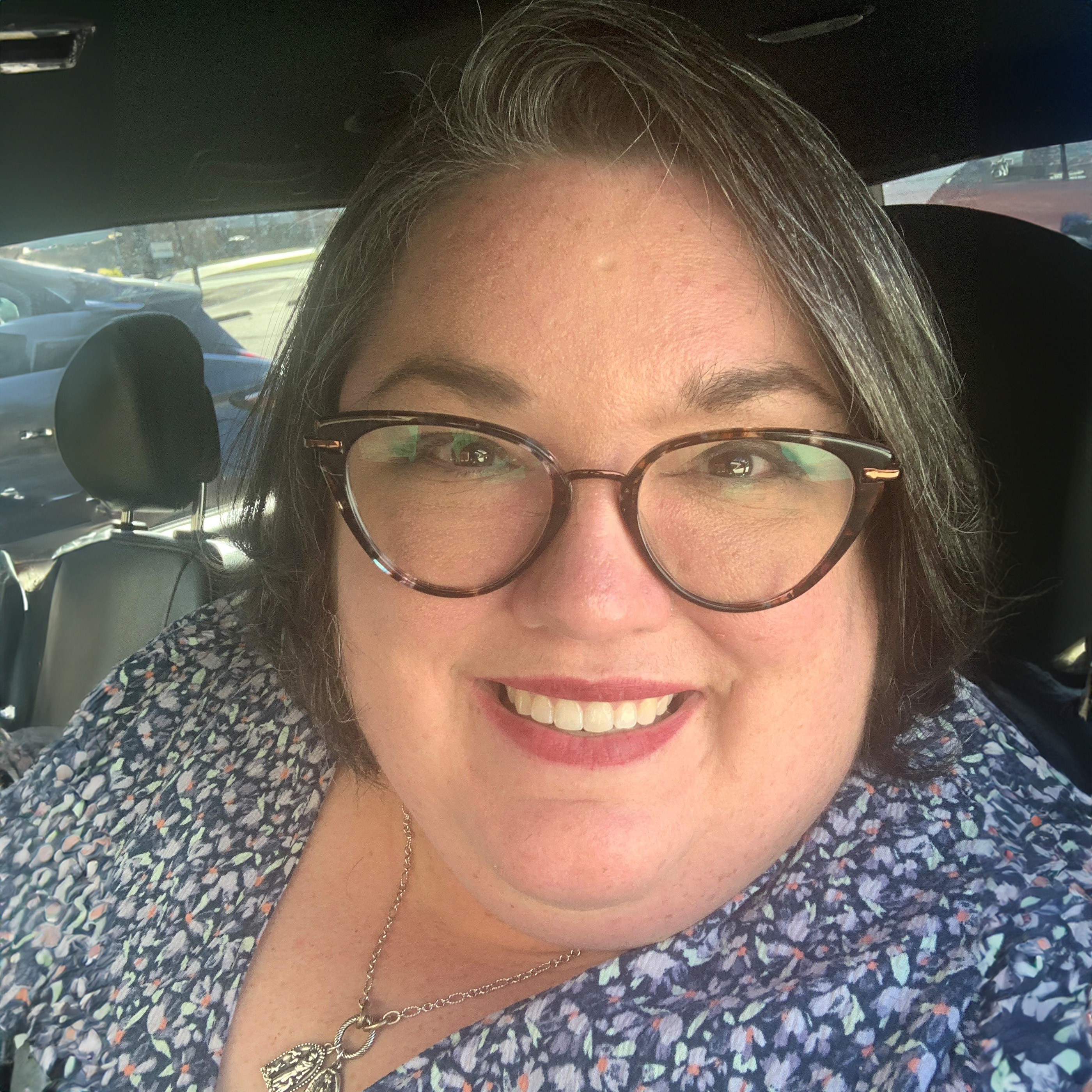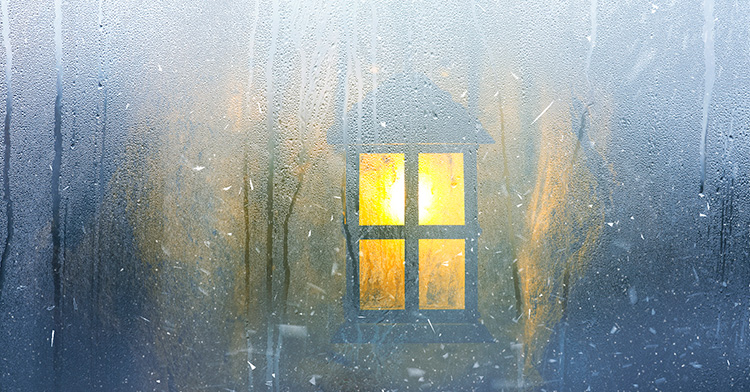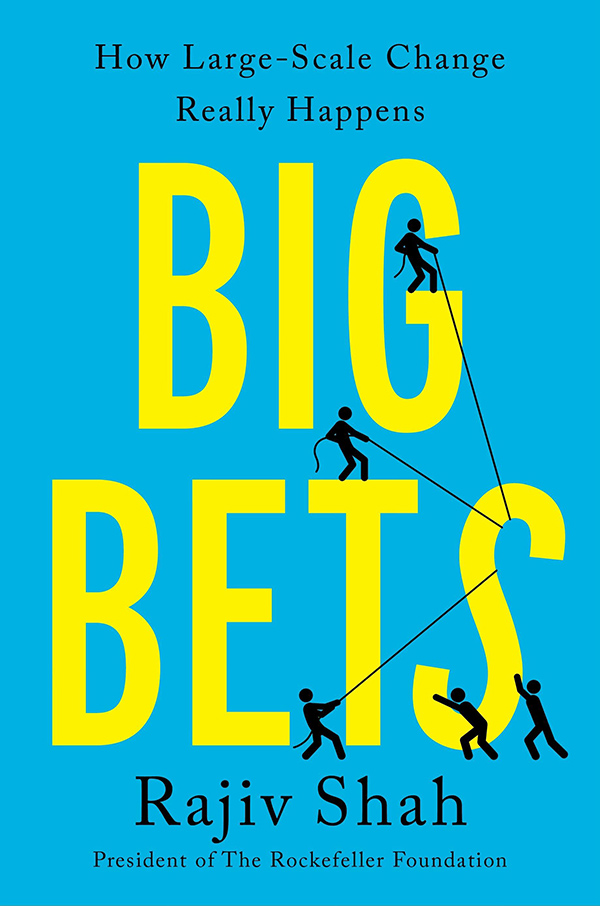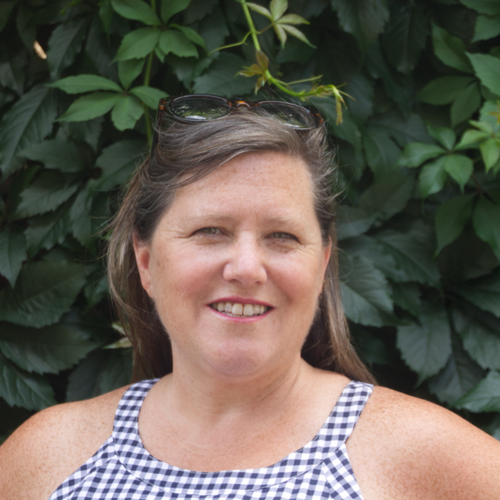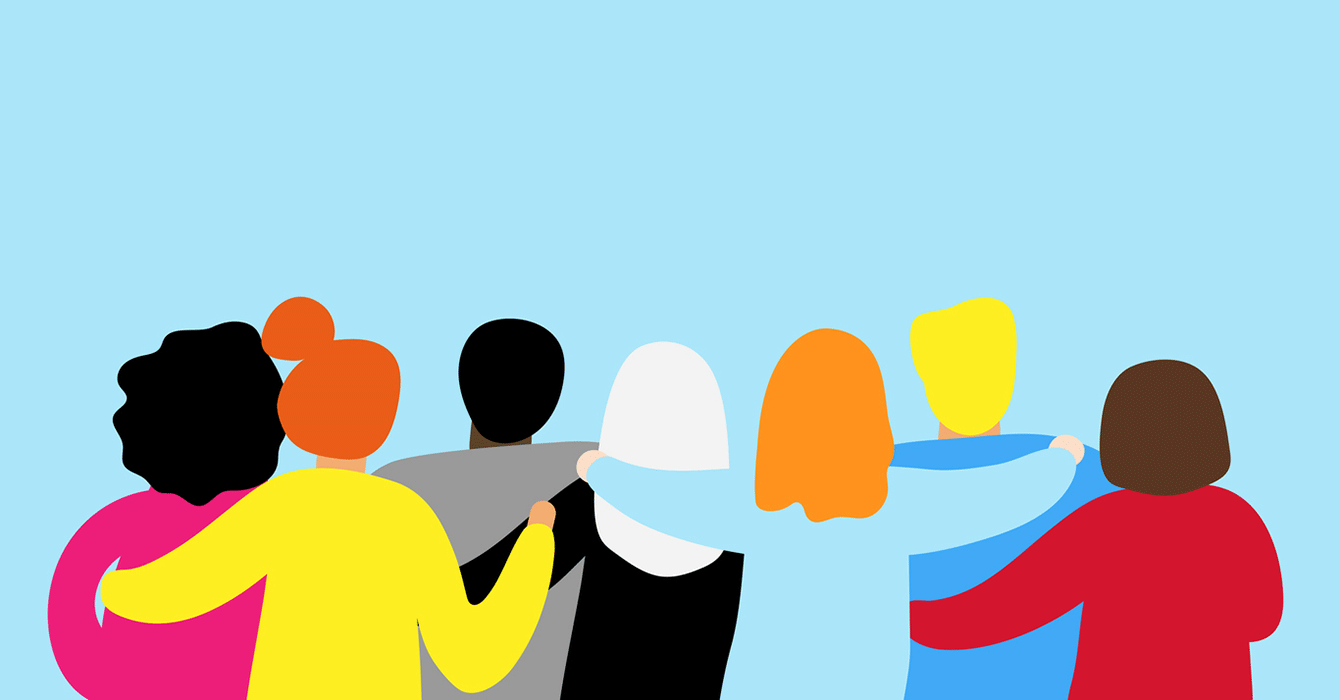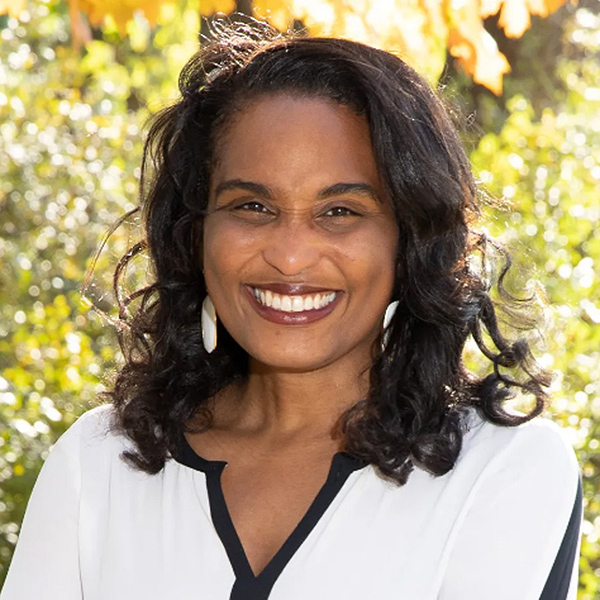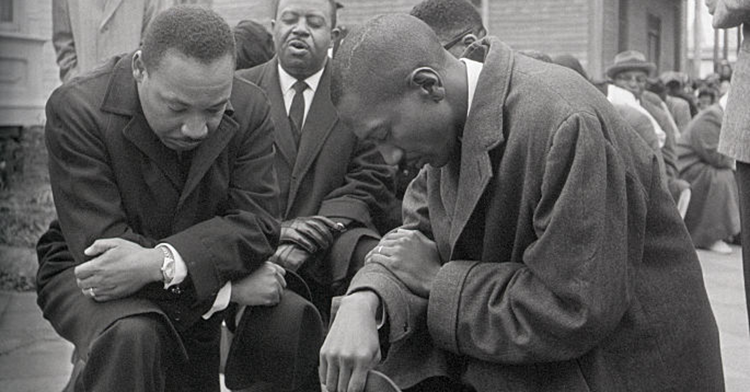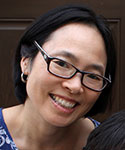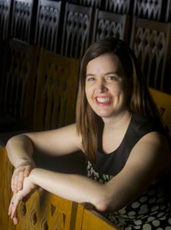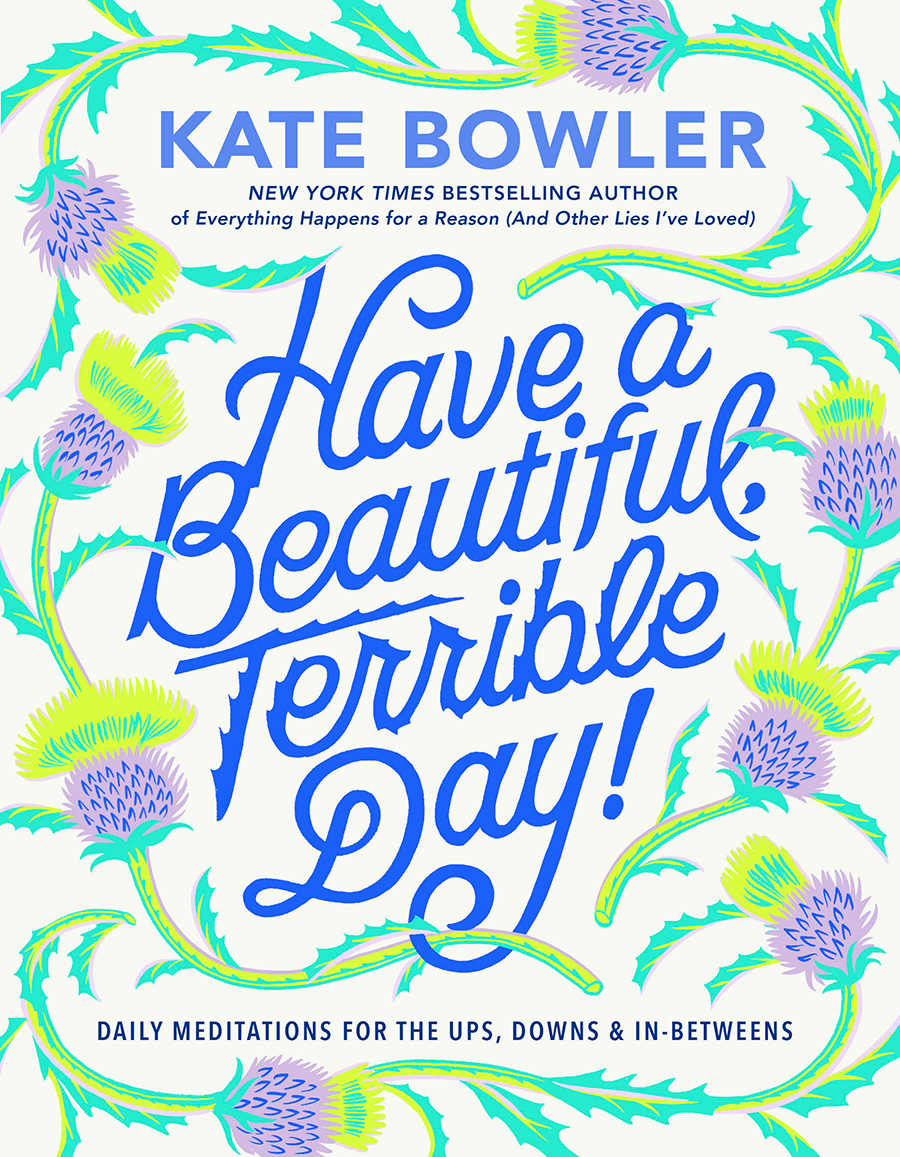I came to rest through exhaustion.
I went to the doctor thinking I had some serious medical condition, but all the tests came back negative. It turned out I was just totally exhausted.
Around this time, I was given a book called “The Rest of God,” by Mark Buchanan, which reintroduces the virtue of stillness. Reading the book started me on a journey of rediscovering rest.
I first learned that there are different sorts of rest: physical, emotional, mental, social and spiritual. We can all feel exhausted and may recognize our need for rest, but do we know the sort of rest that we need? How good are we at recognizing the areas in which we are drained, where we need to be refreshed, restored and re-energized?
Physical exhaustion is perhaps the area that we are most familiar with, and it may be that we have only ever thought about rest in terms of our physical needs.
However, for many today, work is primarily emotional and mental rather than physical, and we are just as likely to be emotionally or mentally exhausted as we are to be physically tired.
During a year of living with a pandemic, we have all been doing a lot of extra emotional, mental and spiritual work and are probably more drained in these areas than we would be normally, even if our jobs are physically taxing.
When we are physically drained, we know that we might need to eat or drink, sit down for a while, have an early night, or even take a nap. Do we have the same awareness about what we are supposed to do when we are emotionally, mentally, socially or spiritually drained? What can restore us in these areas?
When I was suffering from exhaustion, I thought I needed to stop and just do very little, to physically rest. But in fact, I found that even though I was doing very little, I didn’t feel any more rested at the end of the day.
Eventually, I discovered that my primary exhaustion was emotional, not physical. Physical rest wasn’t what I needed. Actually, in some ways, it made things worse, because “doing nothing” just gave me more time to focus on my anxiety and worry.
I gradually learned my personal ways of emotional rest. I discovered that being in nature buoyed me emotionally -- in particular, spending time with trees.
There was something about their solidity, their rootedness, their age. They had been here before I was and would still be standing long after I was not. I was comforted thinking about how they went through seasons and weathered the effects of those seasons.
The different and bigger perspective on my circumstances brought me back down to earth and out of my own head. I found it peaceful and regenerative. In fact, I found that being in nature refilled me in other ways as well, giving me mental, social and spiritual rest.
Rest need not be inactive. For me, doing physical activity that requires focus can be emotionally restful. I garden, cook or create something. If I occupy my hands, I find that my mind wanders away from my concerns.
Active rest may sound counterintuitive, but resting can simply be stopping ordinary work. Doing something that might be work to someone else may be restful for you.
If you’re feeling exhausted, noticing the areas in which you are weary is a good place to start. Is your exhaustion physical? Or is it actually emotional, mental, social or spiritual? Or is your tiredness a result of a combination of these types of exhaustion? Discovering what sort of rest you need is key.
However, it is one thing to know what sort of rest you need and quite another to actually find that rest.
Today, perhaps more than ever, rest is contested. Eliza Cortés Bast illustrates this beautifully in her essay “Rest can be hard work.” There are many factors that can keep us from resting, even when we know what we need.
But Jesus has given us an invitation to come to rest (Matthew 11:28). Rest was even listed among the Ten Commandments (Exodus 20:8) -- yet when was the last time we asked for forgiveness for not resting?
People in every walk of life are exhausted, but we have a God who gives permission to rest, who invites anyone who is weary to come to rest.
Rest need not be inactive.


